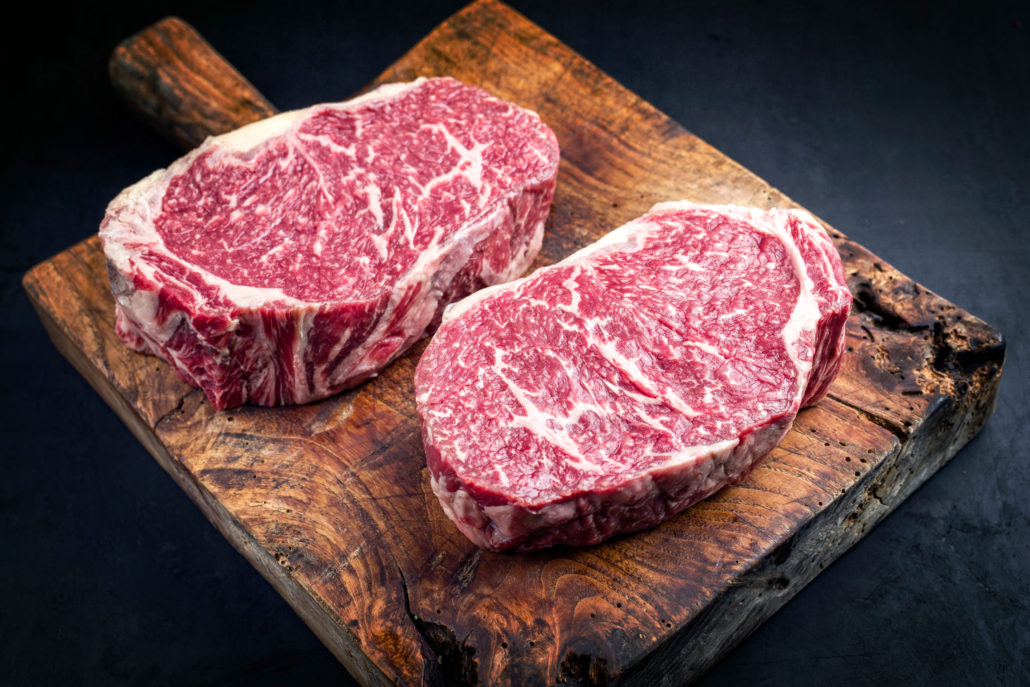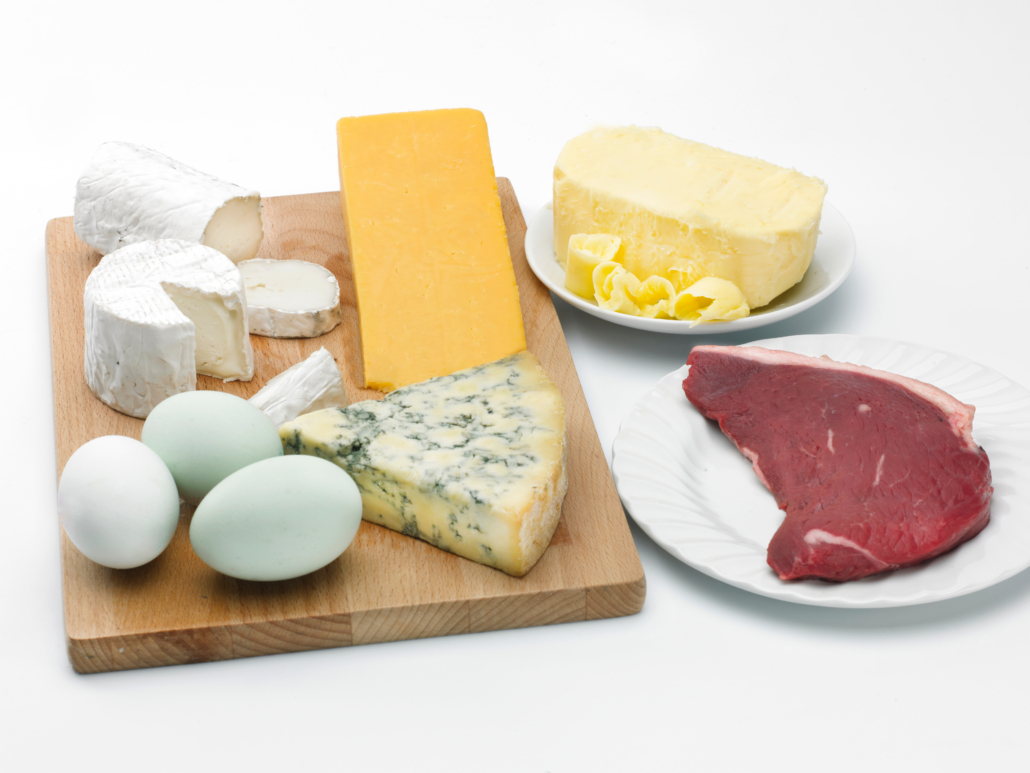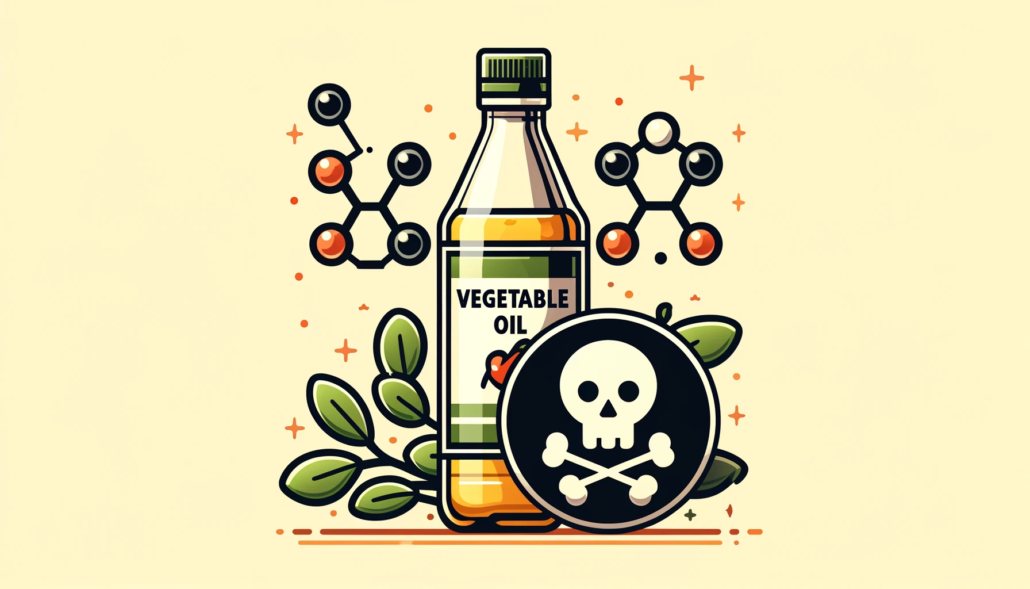We include products in articles we think are useful for our readers. If you buy products or services through links on our website, we may earn a small commission.
Inflammation: Acute, Chronic, and Causes

When our body’s immune response is functioning properly, inflammation is a temporary response that actually helps the body heal. Inflammation is designed to limit invasions of bacteria and help our cells repair after injury. But when it doesn’t turn off, inflammation simmers at a chronic level, damaging healthy cells instead of healing damaged cells, and contributing to the so-called diseases of civilization, including coronary heart disease, obesity, hypertension, type 2 diabetes, epithelial cell cancers, autoimmune disease, and osteoporosis.
Table of Contents
What is Inflammation?
Inflammation is the body’s natural response to protecting itself from infection and a process of healing injury [1].
Humans evolved inflammation as an essential immune system process for survival in the absence of modern medication such as antibiotics.
Inflammation occurs when chemicals in white blood cells are released into body tissue. These chemicals increase blood flow to affected areas, resulting in warmth and swelling.
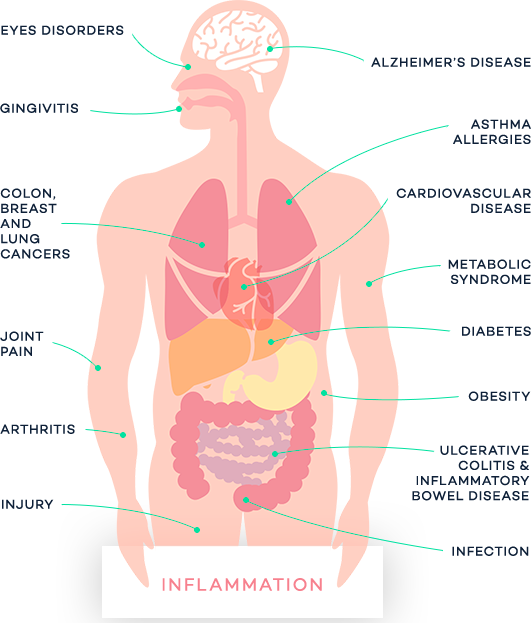
Temporary vs Chronic Inflammation
For people with a healthy immune system, practicing a healthy lifestyle, and living in an environment with low exposure to toxins, inflammation is temporary. It is activated only when needed and deactivated once injury is healed and infection is resisted. Temporary inflammation lasts a few hours to a few days.
Common stressors that activate temporary inflammation include:
- Infection
- Injury
- Toxins
Signs of temporary inflammation in the healing process:
- Swelling
- Edness
- Pain and soreness
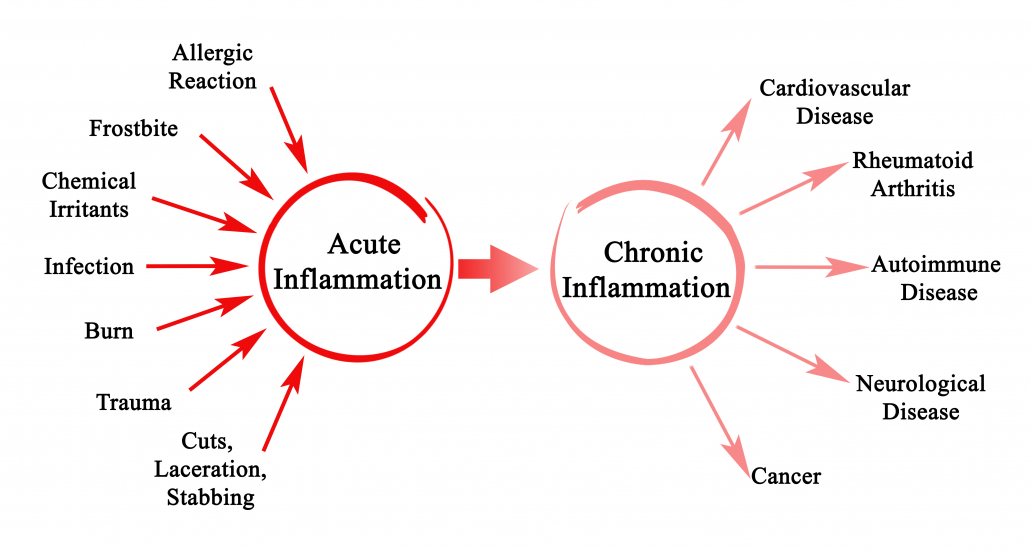
Chronic Inflammation
When inflammation doesn’t turn off, it becomes chronic inflammation [2]. Over time, chronic inflammation damages DNA leads to internal scarring and causes tissue death in nearly every organ in the body [3][4]
can increase your risk of inflammatory diseases, including [5].
- Heart disease
- Asthma
- Alzheimer’s disease
- Parkinson’s disease
- Arthritis
- Diabetes mellitus
- Cancer
- Infertility
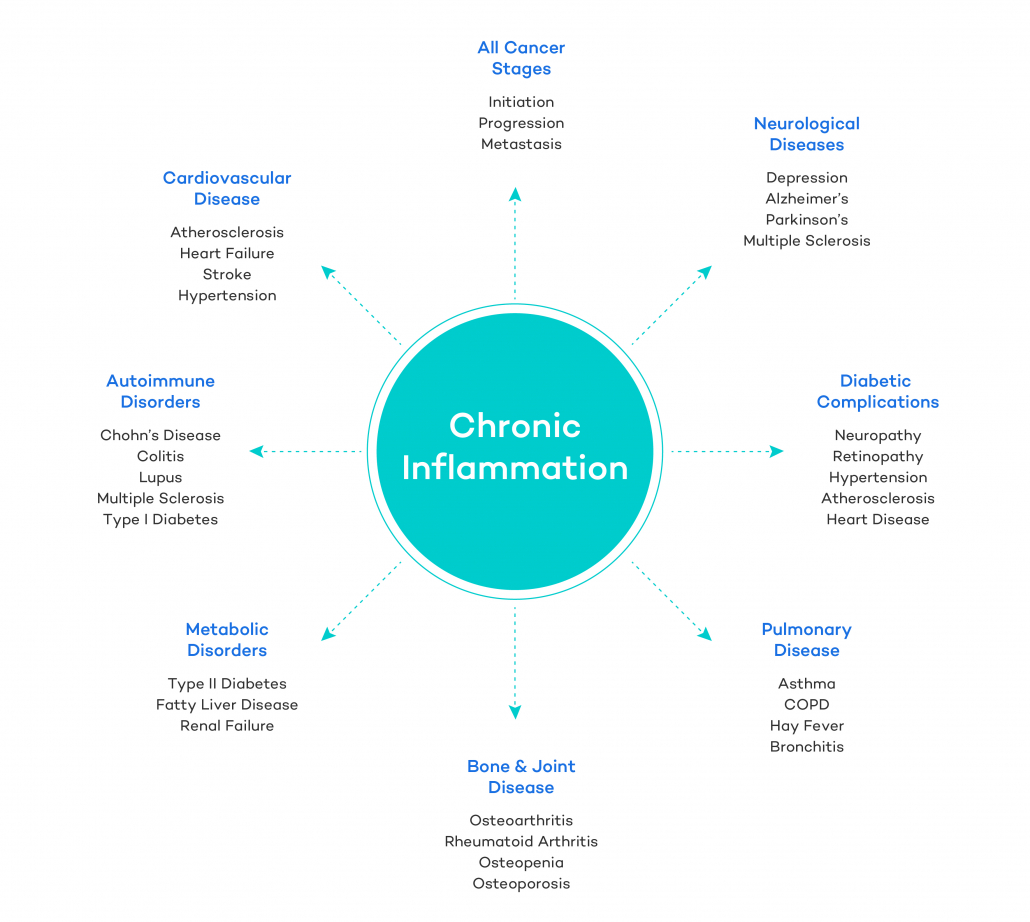
Physiological Causes of Chronic Inflammation
Zooming into to physiological perspective, chronic inflammation is caused by various events and processes including[6][7][8]:
- Not eliminating the thing causing acute inflammation such as infectious organisms that resist defenses and remain in tissue for long periods of time.
- Repeated exposure to low levels of irritants including industrial chemicals, air pollutants, silica dust, and dietary stressors like plant toxins and antinutrients. All of which cannot be thoroughly eliminated by natural processes.
- Autoimmune disorders in which the immune system responds to views healthy tissue as a threat and attacks it, resulting in various diseases like rheumatoid arthritis (RA), asthma, and lupus.
- Defects in cells responsible for turning inflammation on and off.
- Recurrent acute inflammation.
- Stressors like high impact exercise, psychological stress responses, chronic sugar intake, alcohol consumption, and smoking leading to oxidative stress, free radicals, and advanced glycation end products (AGEs).
Lifestyle Causes of Chronic Inflammation
Chronic inflammation and related diseases are an epidemic of modern civilization. The reasons for its prevalence are numerous. These include:
- A mismatch between our evolutionary physiology and modern lifestyles
- Exposure to toxic chemicals and irritants
- High impact exercise
- Chronic exposure to inflammatory foods containing plant toxins, industrial vegetable oils, and added sugars.
Ancient Genes vs. Modern Stressors
Human genes and physiology are nearly identical to those of our hunter gatherer ancestors of 100,000 years ago.
Our genes evolved to control the regulation and recovery of inflammatory processes within a hunter gatherer lifestyle [4][ 5]. In modern life, our genes operate in an environment that features numerous chronic stressors that our inflammatory response system was not designed for.
A sedentary lifestyle, psychological and emotional stress due to loneliness and isolation, exposure to industrial toxins, and diets high in plant toxins and added sugars all subject our body to constant threats eliciting inflammatory responses.
Leaky Gut and Chronic Inflammation
The discordance between the diets our caveman ancestors evolved on, and modern diets results in exposure to various plant foods and processed foods that can lead to intestinal permeability or leaky gut.
Proteins in grains and legumes called lectins can bind to our intestinal lining, breaking down our protective membrane. This allows molecules to pass into our bloodstream and be carried to areas of the body where they shouldn’t be. The body defends against these antigenic molecules through inflammation.
This process of gut permeability and inflammation in the body has led many researchers to view leaky gut as a root cause of various inflammatory and autoimmune diseases [6].
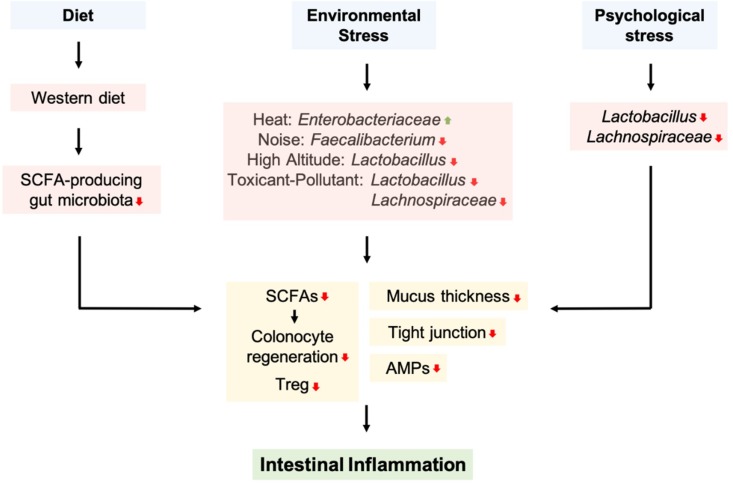
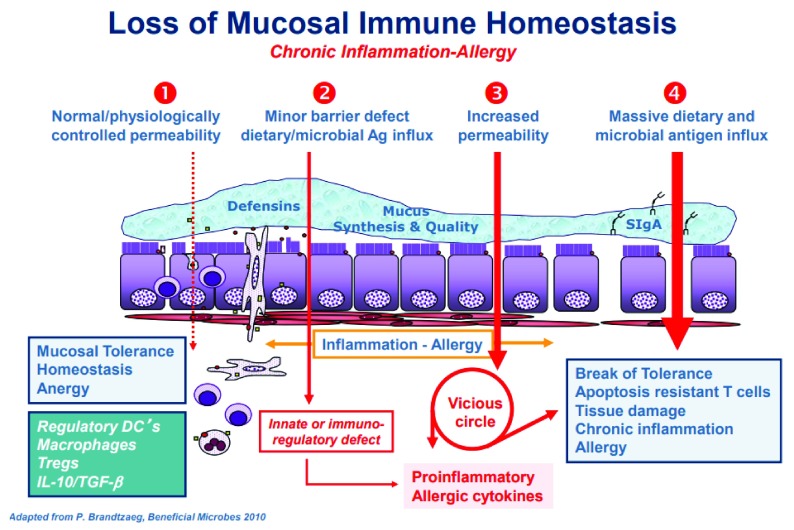
Source: F1000Res.
Chronic Inflammation and Modern Diseases
The discordance between our genetic inheritance and modern lifestyles and environments may be the root cause of various diseases associated with chronic inflammation.
According to the World Health Organization (WHO) and research conducted by the Rand Corporation [6]:
- Diseases related to chronic inflammation are the most significant cause of death worldwide
- Diseases related to chronic inflammation will increase persistently for the next 30 years
- 60% of Americans have at least one chronic inflammatory condition
- 42% of Americans have more than 1 chronic inflammatory condition
- 12% of American adults have 5 or more chronic inflammatory conditions
- Worldwide 3 out of 5 people die from chronic inflammatory diseases including stroke, respiratory diseases, heart disorders, cancer, obesity, and diabetes
Diagnosis of Chronic Inflammation
On its own chronic inflammation is difficult to diagnose. In many people, it may be simmering unnoticed for years before erupting in to disease and disorder.
However, there are markers in the blood that can indicate the presence of chronic inflammation including. These include C-reactive protein (CRP) indicating general infection and inflammation. High-sensitivity C-reactive proteins indicate inflammation in the heart.
Impact of Diet on Inflammation
Your food choices can play a significant role in both producing and combatting inflammation.
The Standard American Diet exposes people to high levels of known inflammatory compounds, including:
- Plant toxins
- Vegetable and seed oils
- Added sugars
- Excessive alcohol
Foods to Avoid
Foods known to increase inflammation include :
- Processed foods high in carbs
- Fried foods
- Processed meats
- High toxin plants like legumes and grains
- Fruit juice and dried fruit
- A1 Dairy
- Vegetable oils (other than olive oil)
Food to Eat
- Fatty fish, like sardines, salmon, mackerel
- Organ meats
- Fresh fatty meats
- A2 Dairy, from goats, buffalo, and specialized breeds of cows
- Moderate amounts low carb fruits, especially berries
- Olive oil
Inflammation: The Takeaway
Inflammation is a natural process that your body uses to heal injuries and fight infections. When the body is functioning properly, inflammation is temporary.
Chronic inflammation occurs when the natural inflammatory process doesn’t turn off. Various factors lead to chronic inflammation mainly having to do with modern diet and lifestyle choices, along with exposure to modern industrial toxins. Many processed foods can be considered industrial toxins.
You can reduce your risk of chronic inflammation by quitting smoking, drinking less alcohol, properly preparing your food, especially grains and legumes, reducing sugar, and eliminating plant foods high in toxins.














